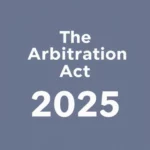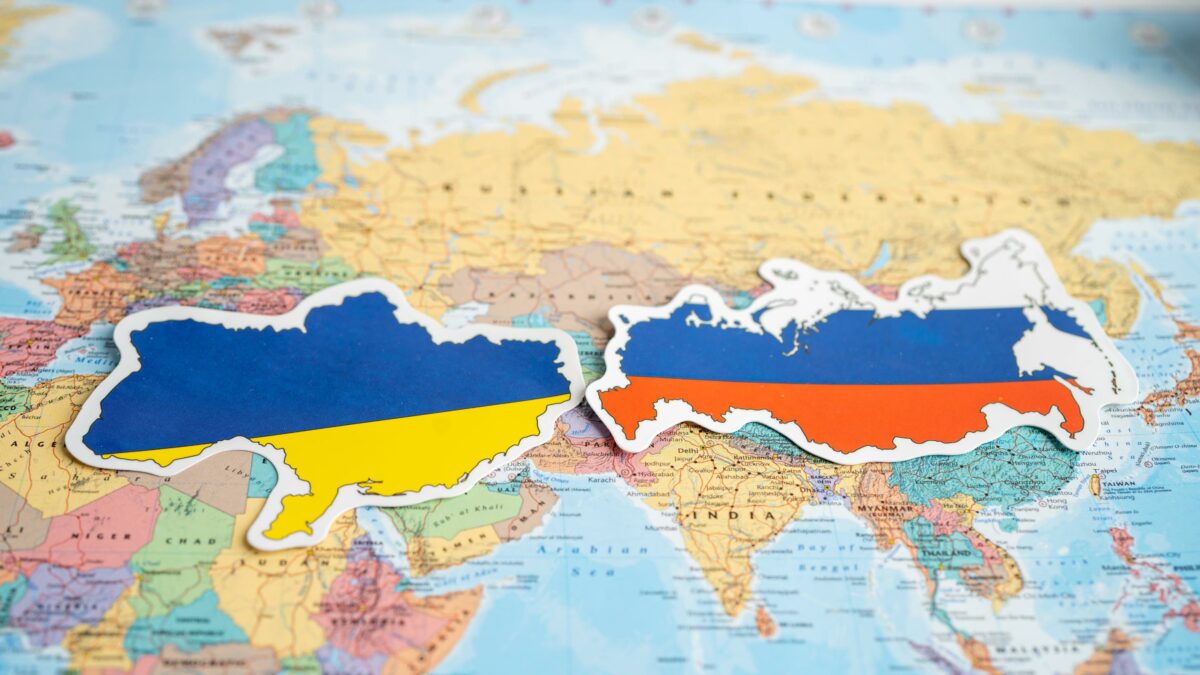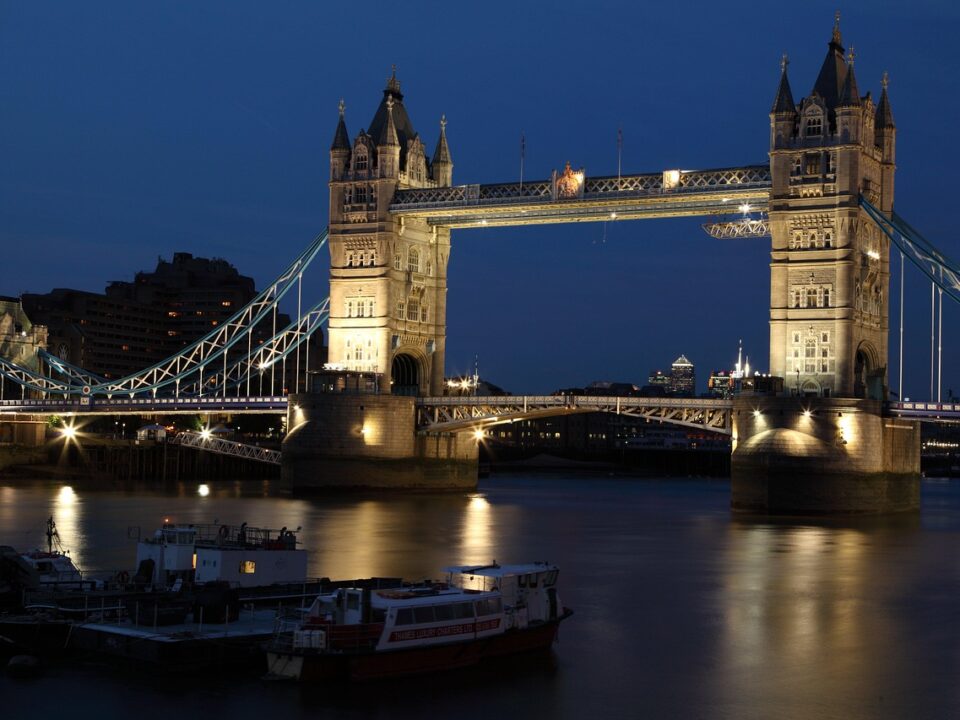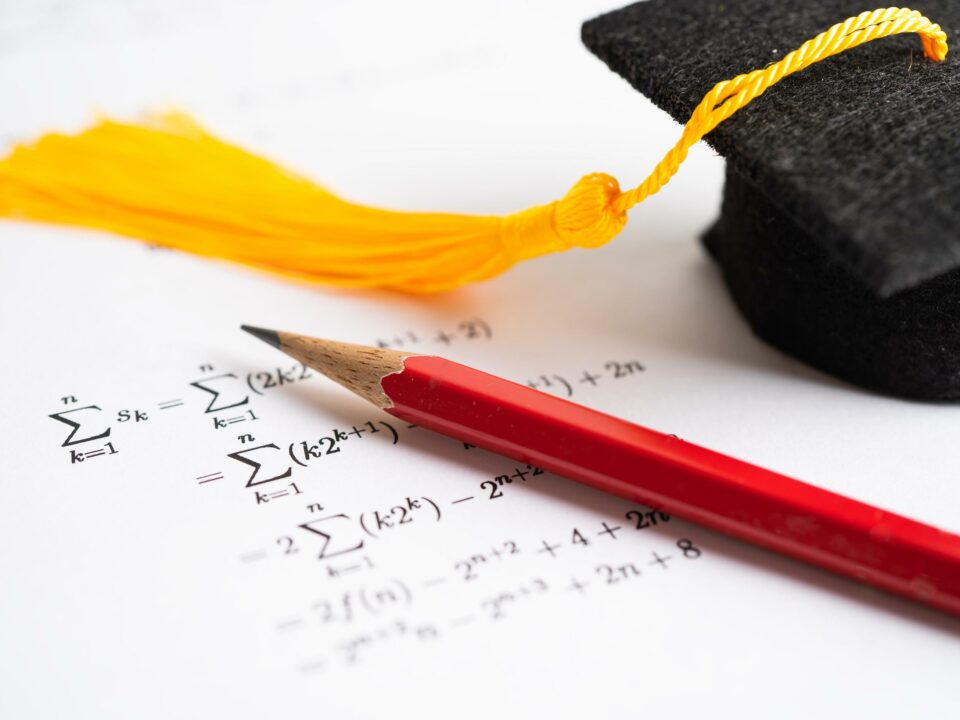
The Special Needs Scandal
April 9, 2025
The Arbitration Act 2025 (2025 Act)
April 12, 2025Article By Aarushi Makker
What happened in the Oval Office and what is the context of the Russia Ukraine war?
On February 28, 2025, US President Donald Trump and Ukrainian President Volodymyr Zelensky engaged in a heated confrontation in the Oval Office during a public press conference. The conflict, which was based on the Russia-Ukraine war and the strained relationships between Trump, Zelensky and J.D. Vance, escalated to the point where Zelensky was escorted out of the White House. The current conflict between Russia and Ukraine began in 2022, when Russian military forces invaded from the fronts of Belarus, Crimea and Donbas under the (false) claim of protecting Russian citizens in Ukraine from the ostensibly Nazist and militarist Ukrainian government.
Russia as an aggressor
According to Article 8 of the Rome Statute of the International Criminal Court, an act of aggression is defined as ‘the use of armed force by a State against the sovereignty, territorial integrity or political independence of another State’. Although neither Russia nor Ukraine is a state party to the Rome Statute, its jurisdiction still applies to both nations due to Article 12 of the Statute, which declares that a non-member state (such as Russia or Ukraine) can accept the court’s rulings on specific matters. Ukraine has accepted ICC jurisdiction under Article 12 twice; thus, Russia’s invasion of Ukraine can be viewed as a violation of this statute and cause them to face legal repercussions. Russia can be perceived as also violating the Law of Armed Conflict, known as International Humanitarian Law. This law states that militaries must uphold humanitarian values (such as protecting civilians) in times of war, which Russia has breached. There is an overarching threat from Russia to the civilian population of Ukraine, with the civilian death toll at over 12,600 as of February 2025.
The US’ alliance with Ukraine under the presidency of Joe Biden
Due to the threat posed to the civilian population of Ukraine, the US had the legal right to gather ‘collective self defence’, allowing it to defend Ukraine against Russian military force. This principle can be legally applied if a state (Russia) takes hostile militaristic action against another state (Ukraine) and violates international law in doing so. The Russian invasion of Ukraine could face legal repercussions with the ICC but also violates the 1949 Geneva Conventions, as well as the Hague Convention of 1908, firstly because it is an international armed conflict, and secondly because Russia has inhumanely mistreated Ukrainian prisoners of war, subjecting them to torture and sexual violence. During Biden’s presidency, military aid packages were sent to Ukraine, including weapons, air defence missiles and fighter jet equipment, as well as between 75,000 and 105,000 US military personal stationed in Ukraine and its neighbouring states, such as Belarus and Crimea, over the course of the war. This aid significantly helped Ukraine, giving it more technological leverage, but also allowing it to fight back against Russia successfully, reflected in the fact that Russia only controls about 20% of Ukraine’s territory.
The US’ relations with Ukraine under Trump’s presidency
President Trump’s relations with President Zelensky are far more tense, with Trump threatening to pull US military support and intelligence sharing from Ukraine. During the Oval Office meeting in February, negotiations escalated due to Trump and Vance blaming Zelensky for not being grateful for the US’ support throughout the course of the war, and subsequently decided to pause military aid. Before the Oval Office meeting, Ukraine and the US were negotiating a mineral deal where Ukraine would contribute 50% of future proceeds from its state-owned mineral resources, oil and gas to a fund in the US government, which would reportedly be invested to ‘promote the safety, security and prosperity of Ukraine’. The mineral deal was created with the intent to ‘maintain a long-term financial commitment to […] Ukraine’, although Zelensky previously rejected it, stating that he could not ‘sell [his] state’ for something that was ‘not a serious conversation’. However, following the Oval Office confrontation, Zelensky expressed his gratitude for continued US support and agreed to sign the deal. The US is attempting to work towards a ceasefire between Russia and Ukraine, meeting with both Russian and Ukrainian delegations to secure an interim 30 day ceasefire on the war front. However, it is notable that Ukrainian-American relations seem to be deteriorating, while Russian-American relations are strengthening and Putin’s demands are seemingly being prioritised by Trump despite the US’ long term alliance with Ukraine.
What are the impacts of Trump’s involvement in the war on Ukraine and the UK?
The US’s military aid and intelligence sharing with Ukraine have been crucial to their survival in the war, as the intelligence, which includes satellite imagery and signals, has aided Ukraine’s armed forces in preparing for Russian attacks and tracking troop movements. Marina Miron, a postdoctoral researcher at King’s College London, said that Ukraine “need[s] that information […] in order to target ammunition depots and logistical hubs”. This suggests that the pause in military aid would allow Russia to increase military strikes on its targets and on civilians that would become harder to defend against. Although the US resumed its military aid to Ukraine on March 11, the implications of Trump being able to pause it so abruptly are ominous and suggest that Ukraine is at a slight disadvantage in their power dynamic. The impact of the US pulling its support for Ukraine would significantly impact the UK and the rest of Europe. This represents a fracturing in NATO’s unity and ambitions, placing the UK in a difficult position where it must either choose an ally or attempt to rebuild the US relationship with Ukraine. Prime Minister Keir Starmer has taken the former approach, remaining in constant communications with the US but also emphasising the UK’s commitment to supporting Ukraine and protecting its sovereignty.
The political relations between Russia, Ukraine and the US are very uncertain, and the change in the US’s attitude towards the Russia-Ukraine war has dire implications for the rest of the world, including the UK, which must diplomatically manage their relationship with all three parties. In a political climate that is shifting daily, and a leader as unpredictable as President Trump, it is impossible to know what will happen next; however, the war between Russia and Ukraine seems as strong as ever.
REFERENCES:
https://foreignpolicy.com/2022/03/04/icc-investigation-russia-ukraine-putin-war-crimes/
http://rfmsot.apps01.yorku.ca/glossary-of-terms/law-of-armed-conflict/
https://www.justsecurity.org/61232/collective-self-defense-partner-forces-international-law-say/#:
~:text=For%20international%20lawyers%20the%20phrase,the%20territory%20of%20another% 20State
https://www.cfr.org/article/where-are-us-forces-deployed-europe
https://lordslibrary.parliament.uk/recent-us-and-uk-government-policy-on-ukraine/#fn-16





